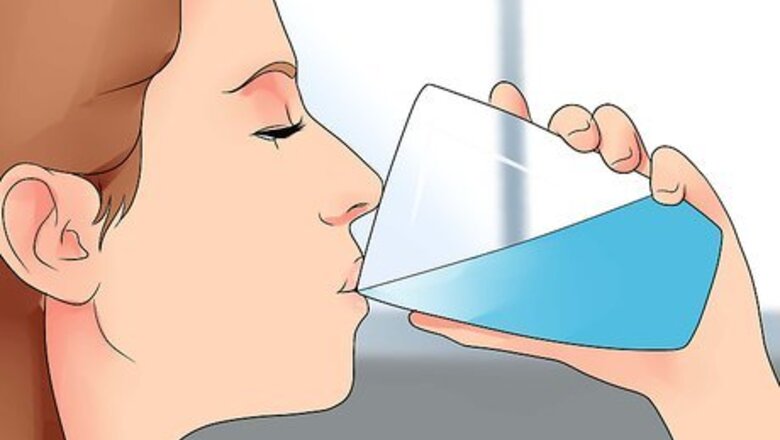
views
Moisturizing
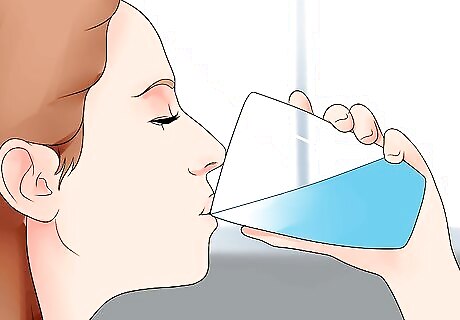
Drink plenty of water. When you don't drink enough water, you become dehydrated. Dehydration dries out your skin, including your lips. Drink your eight glasses of water a day to help your lips.
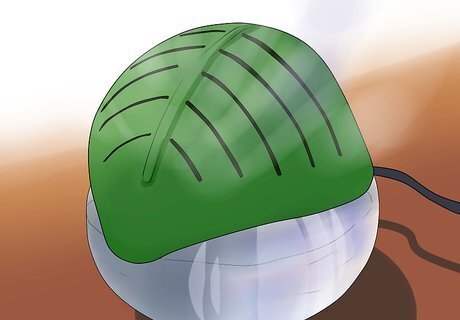
Try a humidifier. Dry air can dry out your skin, while moist air can help you skin stay moisturized. Dry air is especially a problem in the winter, so set up one in your bedroom to keep your skin and lips moisturized.
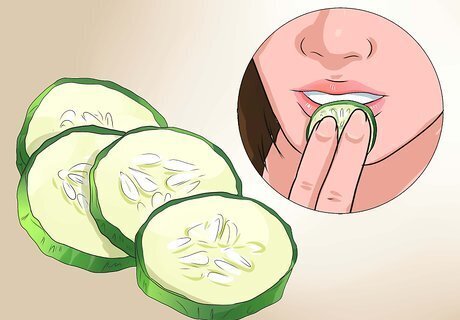
Use cucumber on your lips. Some people have luck using a cucumber to help rehydrate their lips. Simply cut up a cucumber. Use the slices to hydrate your lips by holding them on for 5 to 10 minutes.
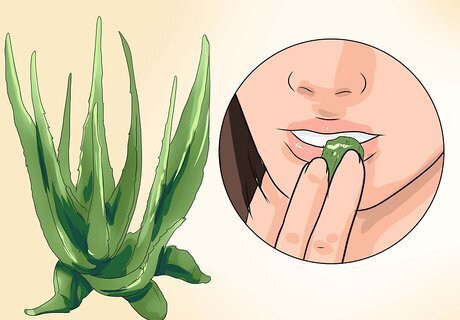
Try aloe vera. When your lips are chapped, you end up with minor cracks, and aloe vera can help heal those. In addition, it can help soothe the pain of chapped lips. You can apply pure aloe vera gel a couple of times a day to your lips.
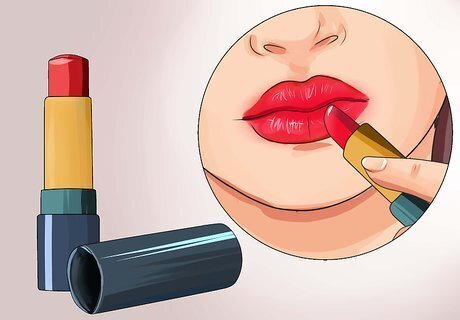
Try a treatment or lip balm with ceramides. Your lips usually have a natural waxy protection to keep them moist, but sometimes weather and food break down that protection. A treatment with ceramides encourages that barrier to rebuild itself, refreshing your chapped lips.
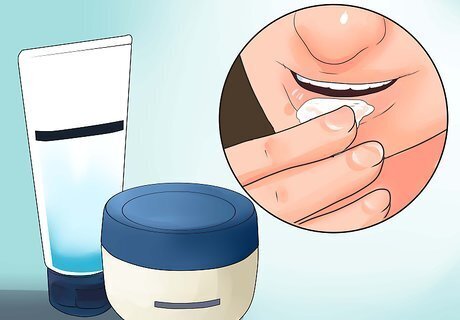
Try a moisturizer in the morning. When you first wake up in the morning, apply a moisturizer to help jump-start the moisturizing process for the day.
Knowing What to Avoid
Avoid moistening your lips with saliva. It's probably automatic for you to run your tongue over your lips when they feel dry. However, doing so only makes the situation worse because your saliva ends up drying out your lips.
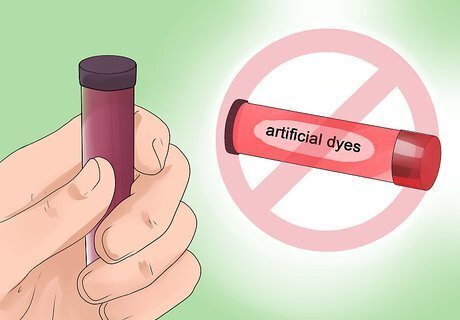
Avoid artificial products. When picking out a lip balm, avoid ones that have artificial dyes and flavors. Natural oils, like shea butter and coconut oil work best for moisturizing your lips. Avoid lip balms with one of these in the ingredients list: Flavour: This usually contains chemicals and is just a word to cover them up. Coloring: Same as the above, this may indicate chemicals. Menthol and/or peppermint oil: These cause a nice tingling/cooling sensation, but it's actually making your lips worse.
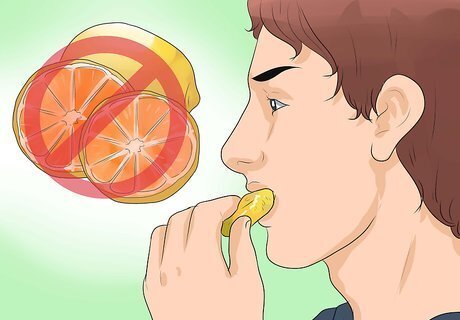
Avoid citrus fruits with cut or chapped lips. The acid in the fruit can irritate your chapped lips, so try to avoid it when your lips are especially bad, but don't hesitate to eat them when your lips are better. Also stop eating spicy foods. Like citrus, spicy foods can also irritate your lips. Take a break from these foods if you're having trouble with your lips.
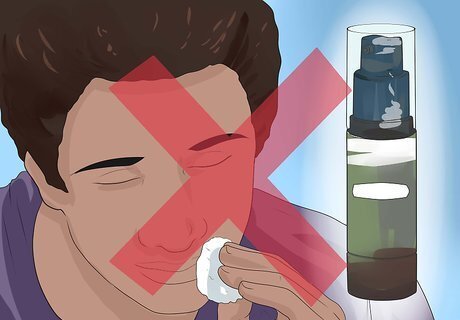
Don't use exfoliants with salicylic acid. These types of exfoliants actually dry out lips more, by scrubbing away the lipid barrier that keeps water in your skin. This will worsen the problem.
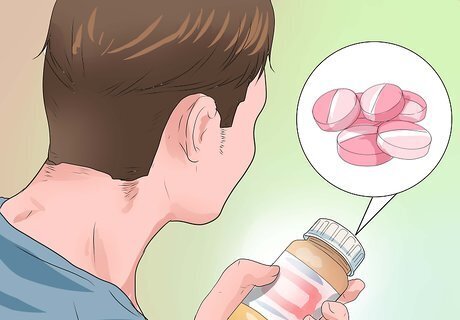
Check your medications. If you have chronic dry lips, one of your medications could be to blame. For instance, high blood pressure medications can cause dry lips. While you shouldn't stop taking a medication just because of chapped lips, your doctor may be able to switch you to a different medication that doesn't cause you problems.
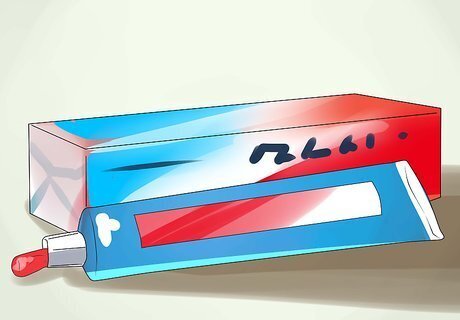
Change your toothpaste. Some toothpastes, especially those with artificial ingredients, can irritate your lips. That irritation can create chapped lips over time.
Keeping Your Lips from Harm
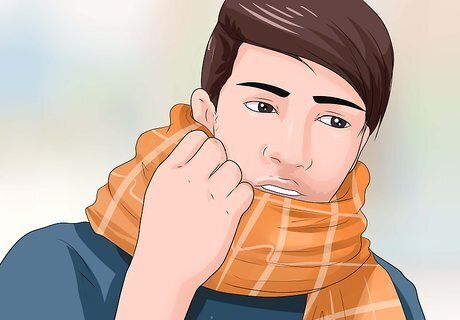
Use a scarf. Scarves don't just protect your neck and chest, they can also provide protection for your lips, if you cover your mouth. Wind is a killer for chapped lips, so stopping the wind helps prevent the problem.
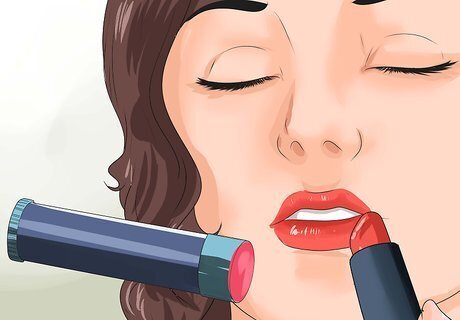
Use lip balm daily. Use lip balm often, especially in the winter. Lip balms not only moisturize, they also protect your lips against the elements. Lip balms may also have SPF in them, if you are out in the sun for a long time. Apply lip balm as needed. This will not cause a condition called perioral dermatitis, as lip balm is not a steroid cream (whereas hydrocortisone is a steroid cream).
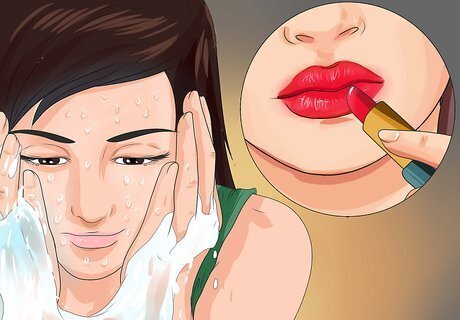
Apply lip balm after washing your face. Use a cleanser to wash your face, designed to exfoliate or remove oils, but avoid cleaning your lips. Use mild soap and water for your lips and use lip balm after.
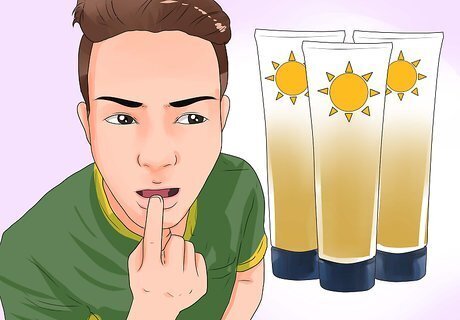
Apply sunscreen. Use a sunscreen on your lips, or choose a lip balm with at least an SPF 15 sunscreen in it. It protects your lips from getting sunburned, which can contribute to chapped lips.

















Comments
0 comment